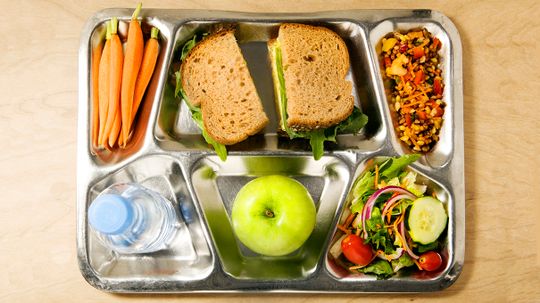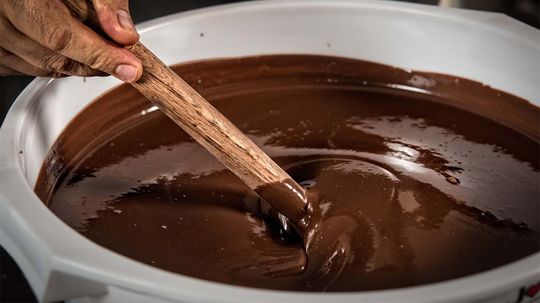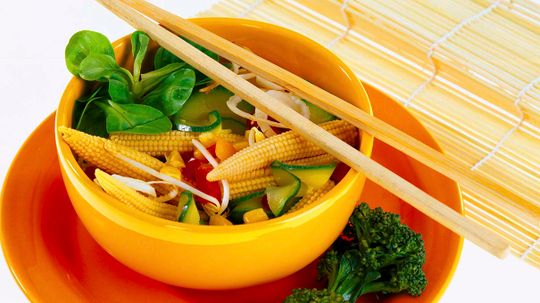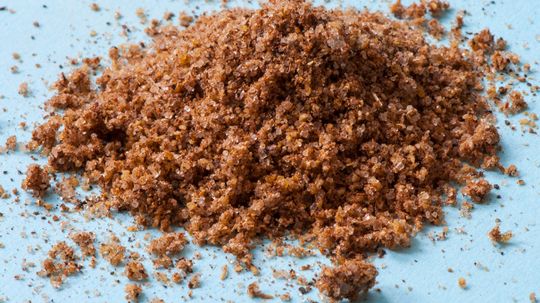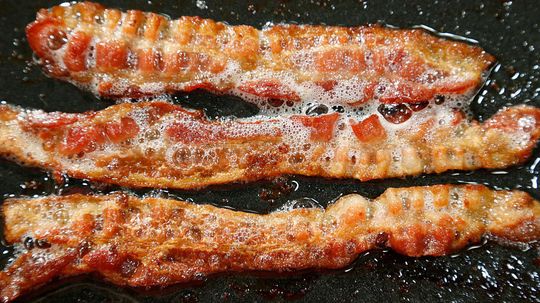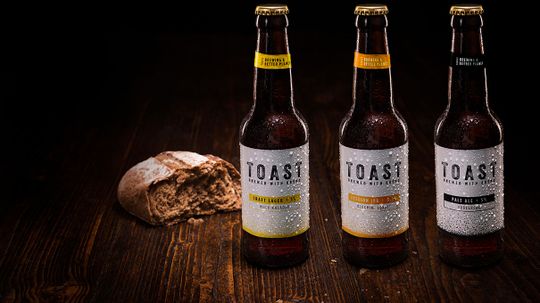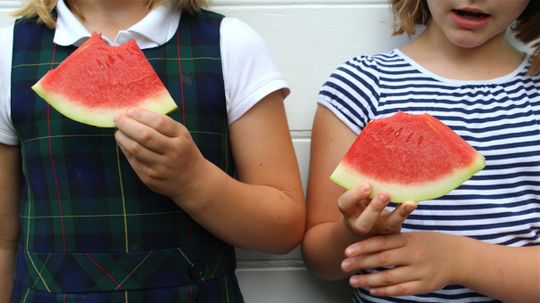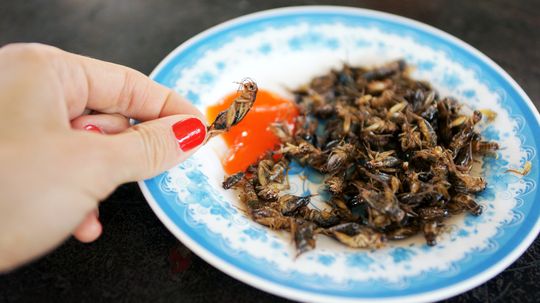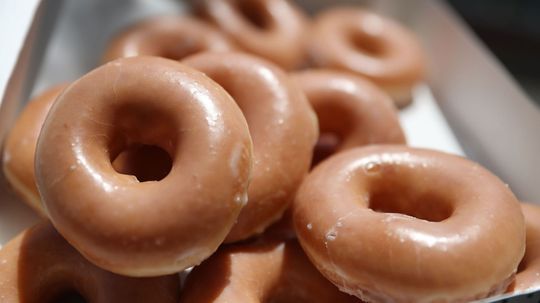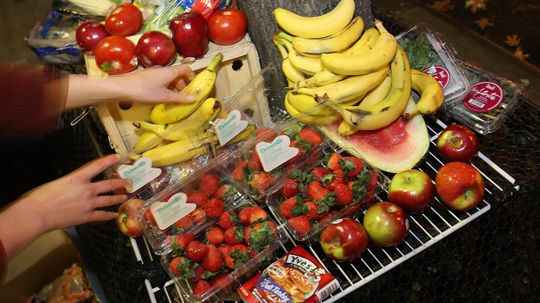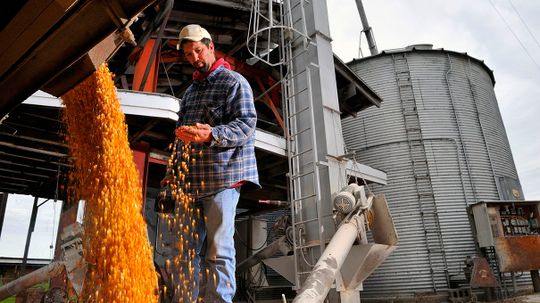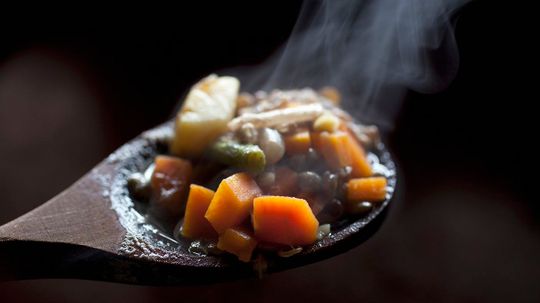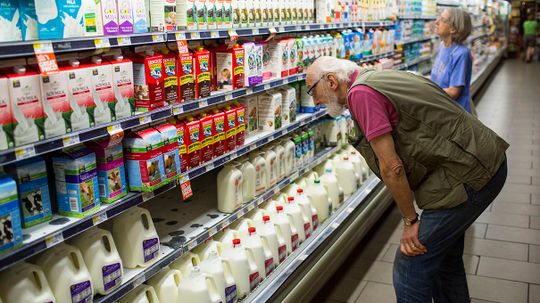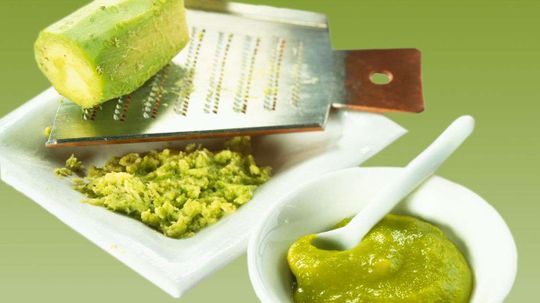Food Facts & Fun
Food Facts is a listing of articles that teaches you how all types of foods, drinks and diets work.
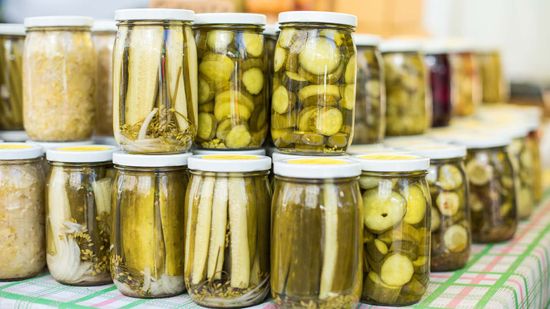
What's the Dill? The History of the Pickle
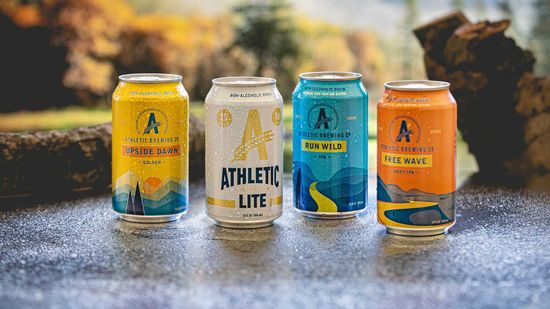
How Do Today's Brewers Make Non-alcoholic Beer?

You Don't Want to Know How Maraschino Cherries Are Made
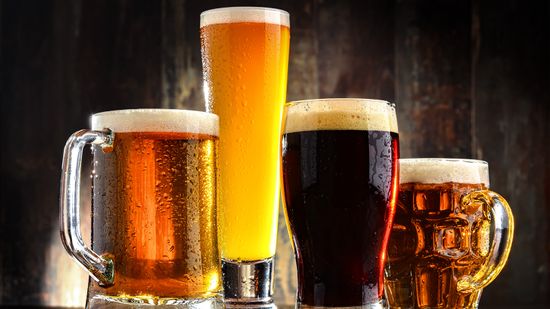
What's the Best-selling Beer in the World? Not Budweiser

5 Types of Tequila: Which to Sip and Which to Shoot
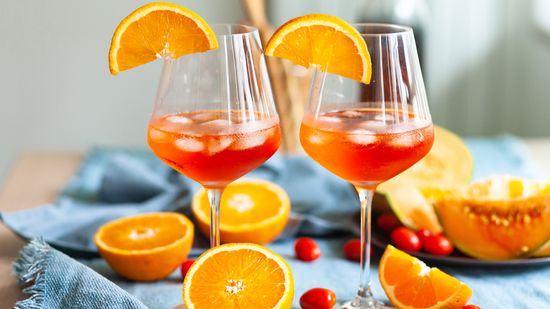
Campari vs. Aperol Cocktails and Flavor Profiles
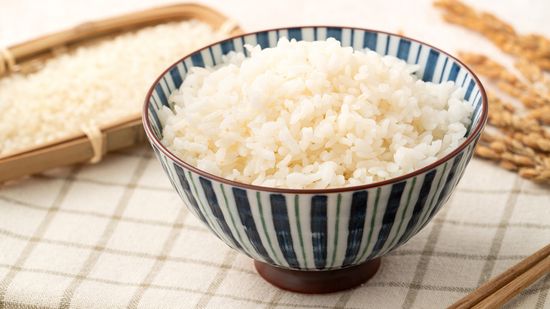
12 Types of Rice to Pair With Any Meal
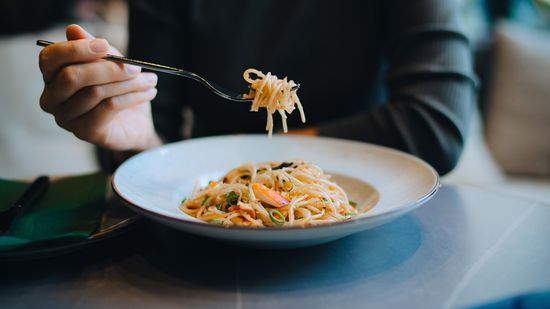
14 Types of Noodles Coming to a Dinner Table Near You
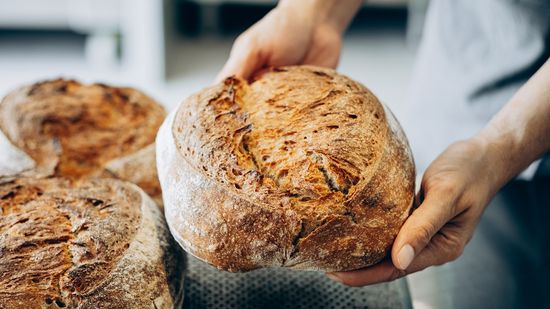
13 Types of Bread: Challah, Sourdough, Rye and More
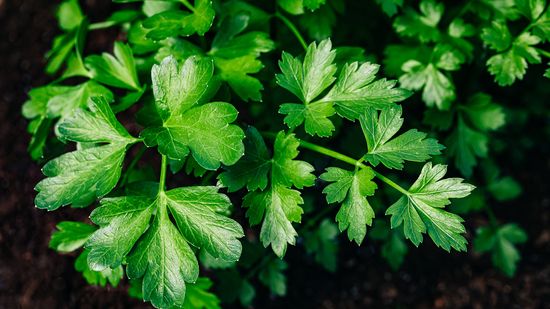
Parsley vs. Cilantro: Same Family, Totally Different Flavor Profile
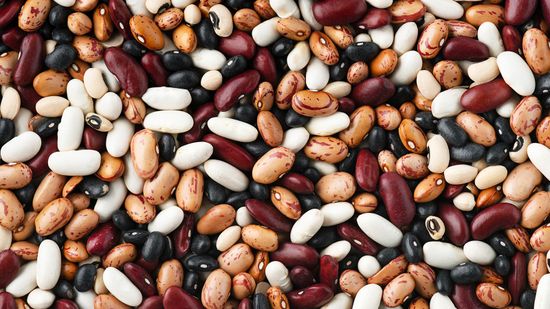
14 Types of Beans: Garbanzo, Adzuki, Cannellini and More
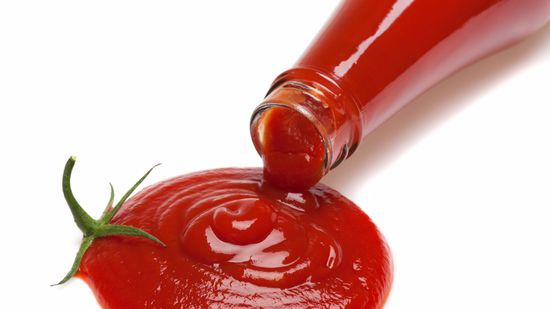
Is Tomato Catsup the Same as Tomato Ketchup?

Get the Scoop on Our Ice Cream Quiz!
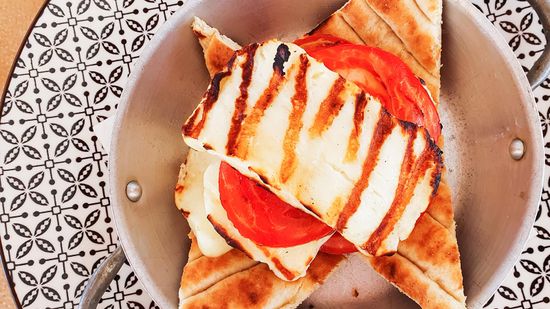
What Is Halloumi Cheese, and Why Is It Suddenly So Popular?
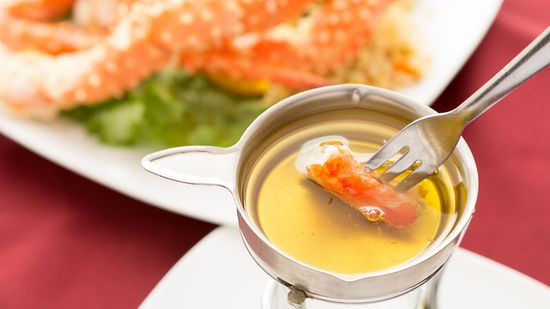
What's the Difference Between Clarified Butter and Ghee?
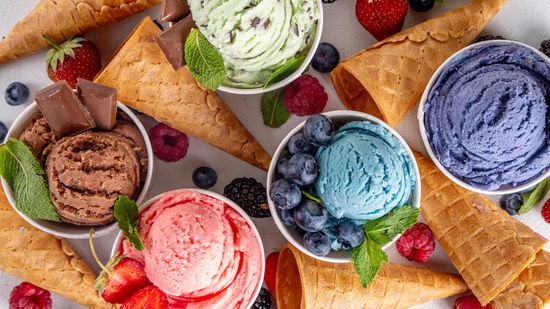
9 Unconventional and Weird Ice Cream Flavors We'd Love to Try
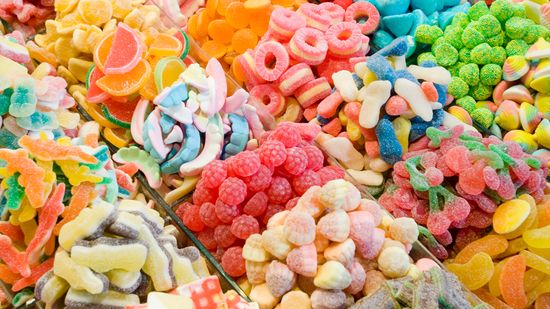
6 Types of Candy for Every Sweet Tooth

11 Types of Cookies for Your Next Snack Attack
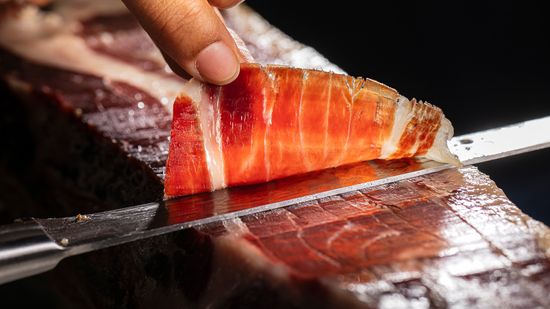
Is the Most Expensive Meat Kobe Beef, Wagyu, or Iberico Ham?

8 Food Festivals Where You Can Fill Up on a Good Time
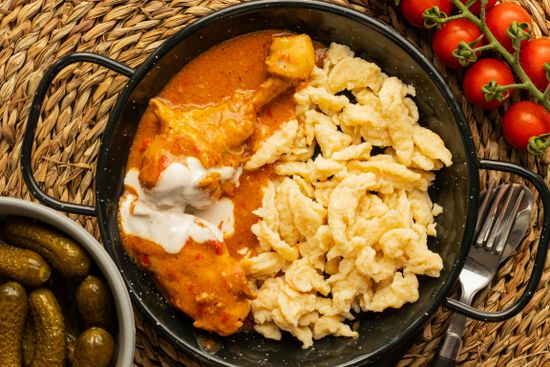
Discovering the Vibrant Flavors of Hungarian Cuisine: A Culinary Journey

How Food Tasters Work

Top 5 Reasons You Know You Should be a Pastry Chef

How to Get Your Big Break into the Baking Business

Can You Eat Jellyfish? Yes, But Not All Jellyfish
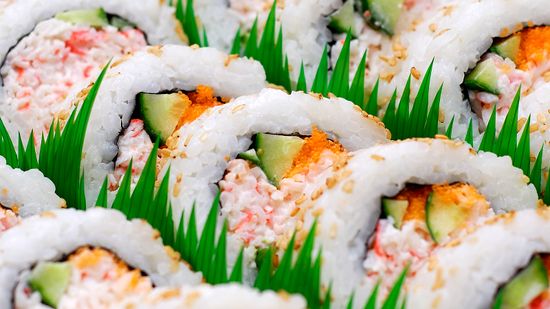
What Is Imitation Crab Meat? Is the Crab Substitute Vegan?
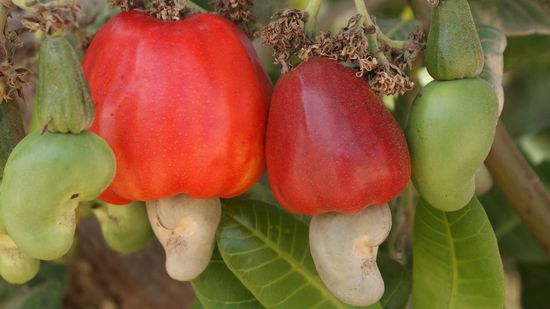
It's Nuts How These 6 Nuts Look Before Processing
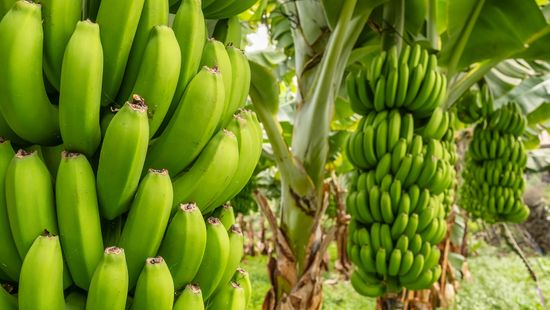
What Is a Group of Bananas Called? A Bunch Isn't What You Think
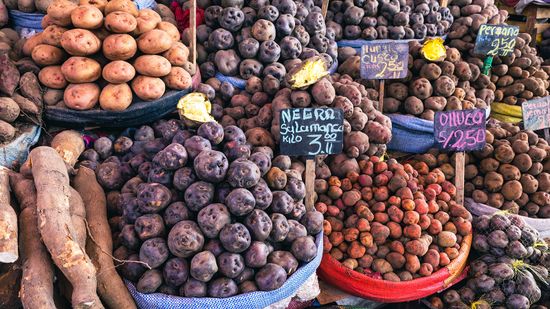
Where Do Potatoes Originate From? Not Ireland
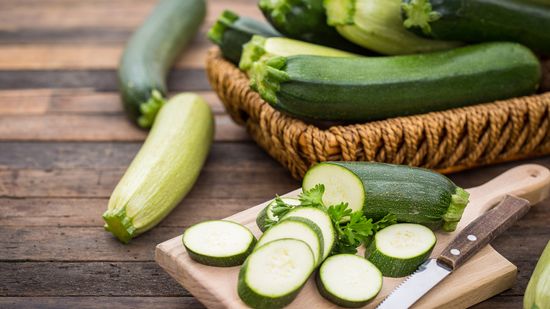
Zucchini vs. Cucumber Vitamins, Water Content, and Uses
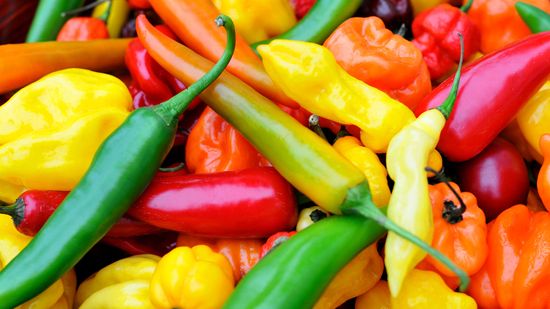
7 of the Hottest Peppers in the World
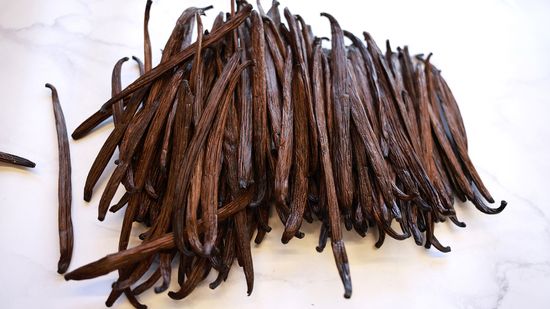
Where Does Vanilla Flavoring Come From?
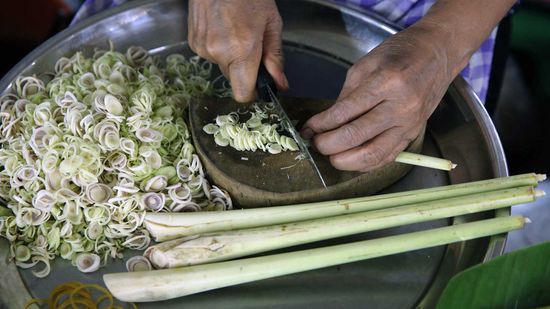
Lemongrass Is a Prized Herb in Asian Cuisine

10 Flaming-hot Facts About Cheetos
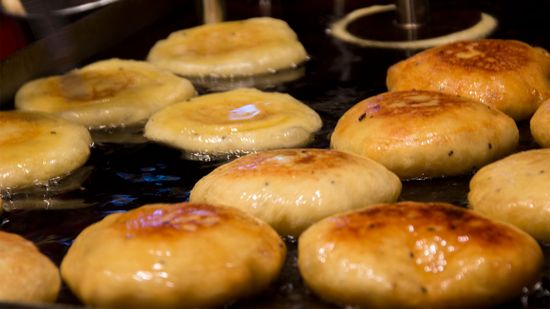
Korean Street Treat Hotteok Is Like a Warm Hug
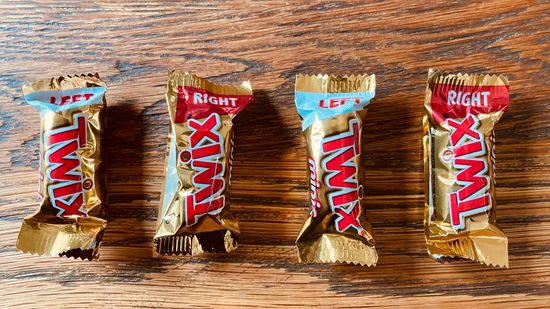
Is There Really a Difference Between the Left and Right Twix?

10 Types of Wine and What to Pair Them With

What's the Difference Between Champagne and Sparkling Wine?

What's the Difference Between Port and Sherry?
Learn More / Page 11
There are a lot of quirky eaters out there. Are you one of them?
By John Donovan
A study found that, on average, it takes 264 gallons (1,000 liters) of water to make a single chocolate bar. Now that's a hefty footprint.
Little tiny vegetables seem to pop up everywhere these days, but where do they come from?
Advertisement
On a cold winter's day, a hot piece of pizza really satisfies. It works just as well on a hot summer's day with an icy soda too. But who invented pizza? And what did Chuck E. Cheese's have to do with Atari?
Ice cream that won't melt sounds like an impossible idea, but it's available now in Japan.
Whole Foods or Randalls? Cracker Barrel or Au Bon Pain? And what do your answers say about the way you voted, if anything?
By John Donovan
One glass of wine might not be a big deal, until you consider how much glass sizes have increased.
Advertisement
What other spice can you name whose specific ingredients may vary?
By Robert Lamb
Kids have clamored for toys in their cereal boxes for decades, so how did the two become linked?
By Shaun Chavis
The sound and smell of bacon sizzling on the stove send your taste buds into overdrive. But how bad for you is it really?
You know that last loaf of bread that no one wants? It could get transformed into microbrews, courtesy of an organization that's passionate about both ending food waste and making delicious beer.
Advertisement
Don't let 'seedless' watermelons fool you - even though they may not prompt constant spitting, they really do have seeds.
Cricket farming is growing in popularity as people learn their nutritional importance, and environmental, economic and social sustainability.
Hunger doesn't always feel like a grumble in the tummy. And a grumble doesn't always mean you're truly hungry, either.
Nondairy milk alternatives are growing in popularity, deemed healthier by many almond and soy milk drinkers. But a new study shows a nondairy milk diet may have an unintended health effect on children.
Advertisement
Homer Simpson's favorite snack was once called 'oily cakes.' Find out more about this and other fun facts on doughnuts.
Americans toss nearly 40 percent of the nation's food supply - enough to provide more than two-thirds of the country with a healthy daily diet of fresh fruits and vegetables.
The United States grows billions of dollars of corn every year. Though little of that goes to feeding its citizens. Is that the best farm policy going forward?
People are passionate about coffee, and every connoisseur has an opinion about what to do when hot coffee goes cold. Reheating coffee's complicated.
Advertisement
Why, when hungry, do we crave warm food more than something cold? It may have something to do with your nose. Or your gut. Or your brain.
Have you been thinking all wrong about the difference in fat content between milk varieties?
You may love the burn of food that's triple Thai hot, but do your poor taste buds?
By John Donovan
It's not just in your mind - a study showed that pairing cheese with wine made wine taste better. Here's why.
Advertisement
Because that's how much these exclusive Swedish crisps cost. At more than $11 each, they're the world's most expensive. The money's going to charity, but still.
Come again? Here's what's really inside the typical restaurant 'wasabi'.
